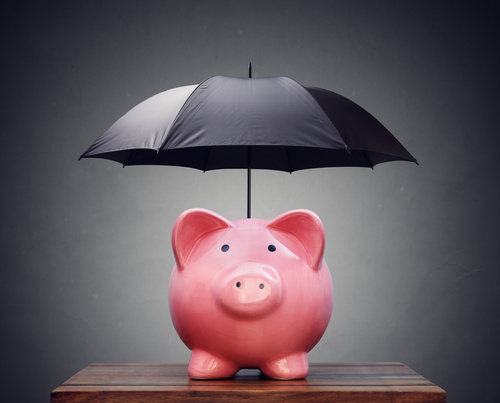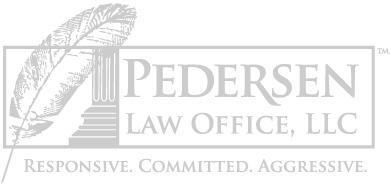Bank Accounts and Bankruptcy
May 24, 2019

EXEMPTIONS
An exemption in bankruptcy allows a debtor to protect and keep certain property or assets. In the State of Wisconsin, we are able to choose between Wisconsin State Exemptions and Federal Exemptions. The amount of money allowed to protect a bank account depends on whether you are using State or Federal Exemptions, whether you are married or single, and what other assets you own and need to protect. Check out our blog, “Will I Lose All My Assets When I File Bankruptcy”.
SETOFF
A setoff is when a bank or credit union removes money from your bank account to cover a debt you have with the same bank or credit union. This is usually the last line of action for a financial institution because it will more than likely end your relationship with them. However, if you have a debt with the bank or credit union and you are filing bankruptcy, potentially eliminating their debt, they could utilize their right to a setoff or freeze your bank account. How do you prevent this? The best course of action would be to open a new bank account at a bank or credit union that you have no credit cards or loans with. If you discharge a debt with your bank or credit union in bankruptcy, they typically ask you to know no longer bank with them in the future anyways.
CROSS COLLATERALIZATION
Cross collateralization is most common in credit unions. It is a method used by lenders to not only attach the original loan to the collateral purchased, but any other unsecured debts such as personal loans or credit cards as well. Cross collateralization most commonly occurs with vehicle loans. For example, you purchase a vehicle with a loan from a credit union, you also have a credit card with the same credit union. If the loans are cross collateralized, the credit union will not release the title to your vehicle until both the vehicle and the credit card are paid in full. When filing a Chapter 7 Bankruptcy, the only way to enter into a reaffirmation agreement and keep the vehicle and vehicle loan with that credit union is to also keep the credit card debt, which would normally be discharged in bankruptcy as an unsecured debt. Great for the credit union, not so great for you. Check out our blog, “Chapter 7 Bankruptcy: Reaffirming Secured Debts”.
AUTOMATIC PAYMENTS
The effects of bankruptcy on automatic payments is not nearly as impactful as a setoff or cross collateralization, but still noteworthy. Most people have automatic payments set up to pay their mortgage, car loans and any many other bills these days. When you file bankruptcy, those automatic payments will most likely stop. This is due to the Automatic Stay in Bankruptcy. The Automatic Stay is what protects you from creditors calling you, collecting from you, and even garnishing your wages. Creditors are often so afraid to violate the automatic stay that all collection, even automatic payments are stopped. Some creditors will resume automatic payments upon receiving a signed authorization. Some creditors will not resume automatic payments until after your discharge. This is important because if you are keeping or reaffirming your secured debts, such as auto loans or a mortgage, you will want to make sure to make the monthly payments.
FREE CONSULTS
An experienced bankruptcy attorney will meet with you prior to filing your bankruptcy and go through all your assets and help you determine if there are enough exemptions available to protect all your assets. They will also warn you about setoffs, cross collateralization, and automatic payments. Pedersen Law Office, LLC offers free consultations and will meet with you personally to discuss your present circumstance, current assets, debts and income to find out what options are available for you. Our law office serves the communities of Appleton, Neenah, Menasha, Oshkosh, Green Bay and their surrounding areas.
